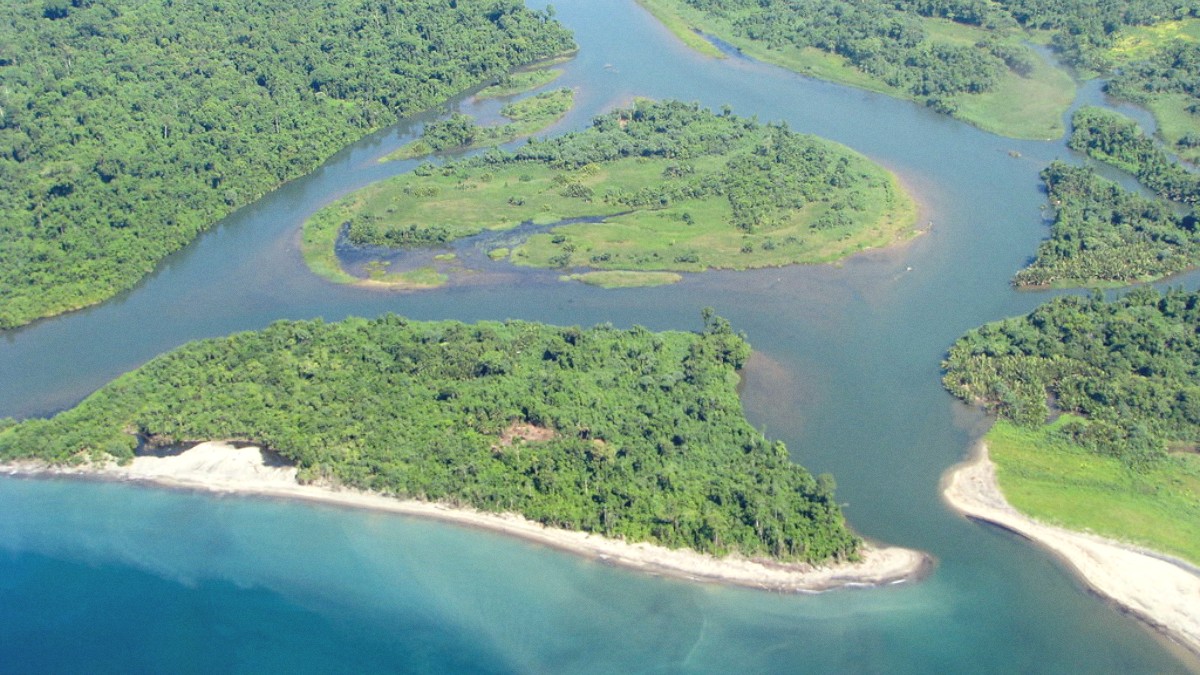
Island Provinces, Papua New Guinea
PMVs are the main form of public transportation. These are typically utility vehicles (utes) with covered benches in the back, or small minibuses.
They operate as shared taxis or buses. PMVs follow fixed routes between towns and villages, serving as an informal but widely used network for local residents. PMVs offer an authentic local experience.
Pay fares in cash directly to the driver or conductor. Fares are fixed and generally low. Have small denominations ready.
PMVs operate mainly during daylight hours, from early morning until late afternoon or early evening. Departures occur once full.
PMVs are not wheelchair accessible and can be crowded. Travelers with mobility issues may find them challenging.
Licensed taxis are available in Kokopo, Rabaul, and Kimbe.
Hail taxis on the street or call a service/ask your hotel.
Negotiate fares before starting the journey; meters are rarely used.
Applications like Uber or Grab do not operate in New Britain.
Car rental is available, but generally not recommended for tourists due to road conditions and safety concerns.
Walking is common within town centers. Sidewalks are rare; exercise caution along roadsides.
Guided walking tours for Rabaul's WWII sites and volcanic areas are available through local operators.
No dedicated bicycle infrastructure. Cycling on main roads is hazardous. Limited to resorts or quiet rural roads with guidance.
Some activities or locations call for specific transportation methods.
Accessibility services are limited. Public transport and infrastructure are generally not designed for accessibility.
Confirm directly with resorts if you have mobility needs.
New Britain does not feature cable cars, funiculars, or other similar unique local transport systems.
No such infrastructure exists.
Beyond PMVs, no other unique local transport methods are prominent.
PMVs are the most distinctive local transport.
This guide offers general information. Local conditions can change. Always verify the latest advice from official sources and your travel operators.
Choose locally owned accommodations and tour operators.
Participate in cultural shows like the Baining Firedance.
Practice responsible waste disposal.
New Britain is a destination that truly rewards those who approach it with an adventurous spirit and cultural sensitivity. Your journey through its landscapes and history will create lasting memories.
We wish you a safe and memorable adventure!